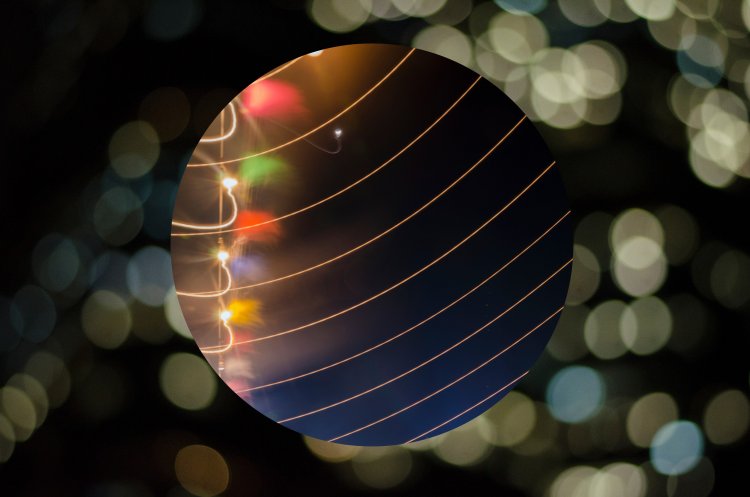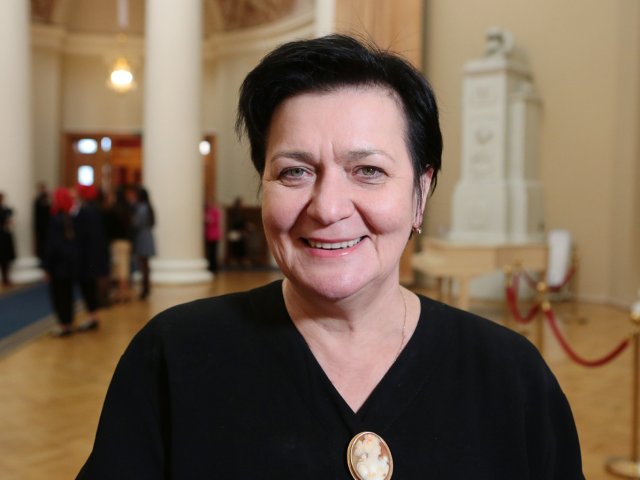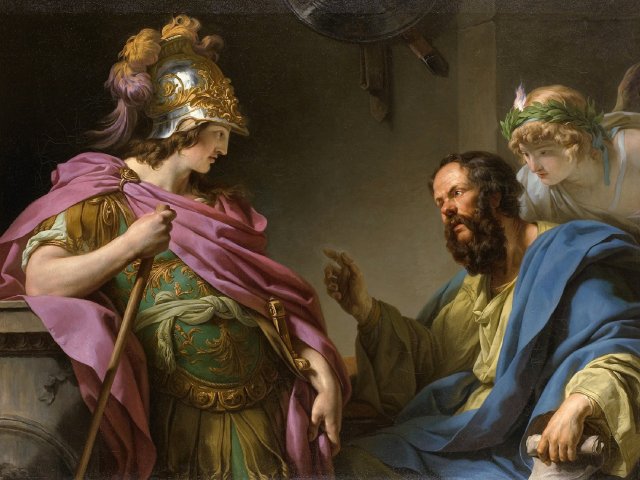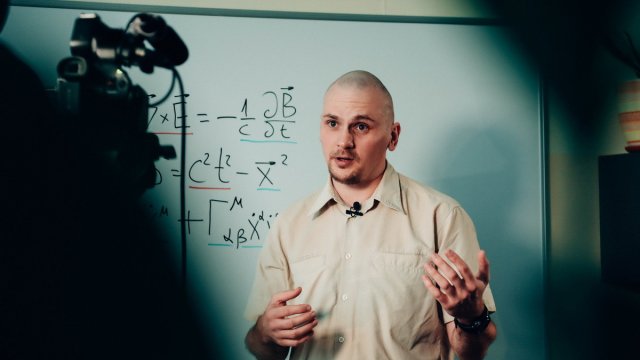On April 29 (according to other sources – on April 30), 1897, speaking at the evening meeting of the Royal Society, Professor of Cambridge University, English physicist Joseph Thomson announced the discovery of the electron. The electron became the first of the discovered elementary particles. A successful experiment was made during the study of a gas discharge. In 1906, Joseph Thomson received the Nobel Prize with the wording “for the study of the passage of electricity through gases,” which included the discovery of the electron.
Reference. An electron is a subatomic particle that reacts to the effects of both electric and magnetic fields.
In his laboratory at Cambridge University, Thomson studied the deflections of cathode rays in electric and magnetic fields. The scientist proved that all particles (corpuscles) forming cathode rays are identical to each other and part of the substance. The physicist hypothesized the existence of matter in a state of even finer fragmentation than atoms. Thomson also measured the charge-to-mass ratio of a particle – today it is one of the fundamental constants.
Joseph Thomson became the author of the first model of the atom structure. This model was immediately dubbed “plum pudding,” since, if we imagine figuratively, in some smeared positively charged body we see inclusions of “plums” — that is, electrons.
The Nobel Prize website has published a lecture by Joseph Thomson talking about the discovery of negative charge carriers (electrons).
For more than thirty years, Joseph Thomson headed the Cavendish Laboratory, that is, the Department of Physics at the University of Cambridge. In 1918, Thomson was succeeded in this post by his student Ernest Rutherford, also a Nobel Prize laureate (as well as six other Thomson students: P. L. Kapitsa, D. P. Thomson, etc.). From 1918 till the end of his life, Joseph Thomson headed Trinity College — one of the 31 colleges of the University of Cambridge.
The scientist died on August 30, 1940, and was buried in Westminster Abbey.
Based on open sources
Photo: rawpixel / 123RF






















